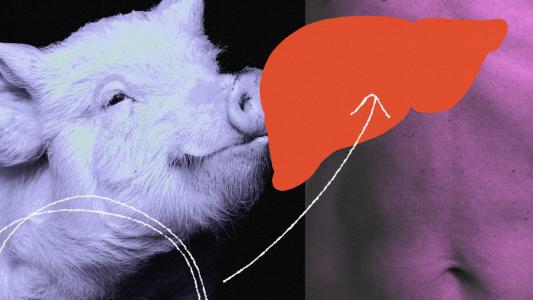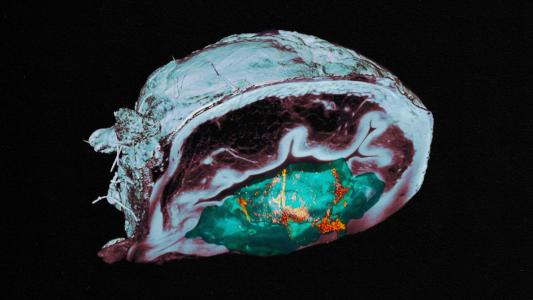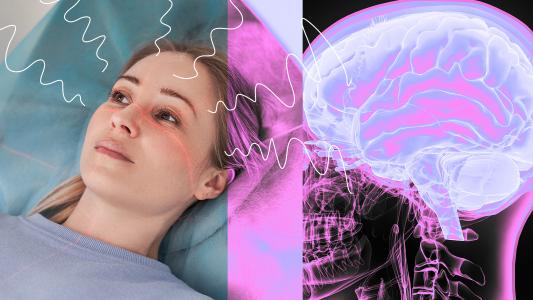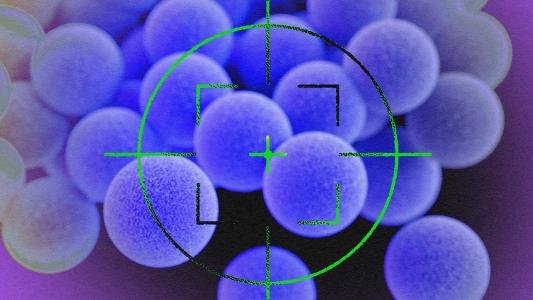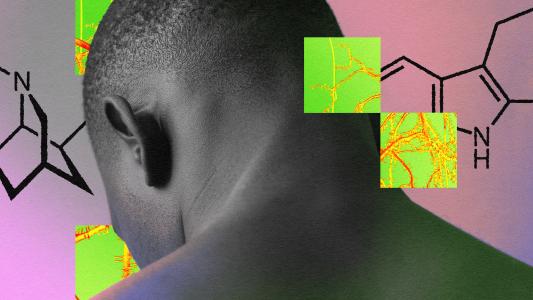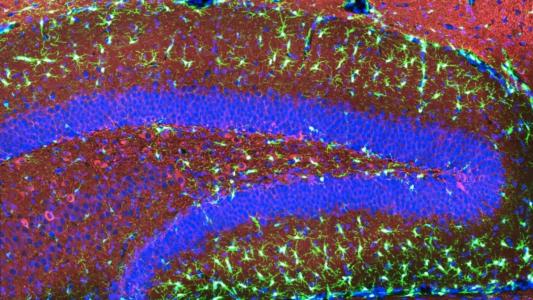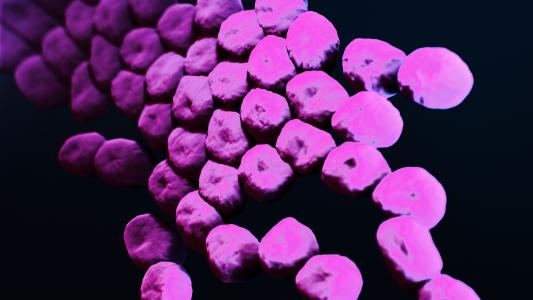Medicine
DeepMind’s AI could accelerate drug discovery
A new study suggests that AlphaFold, DeepMind’s AI tool for predicting protein structures, could be useful for drug discovery after all.
Pig liver filters blood outside a person’s body for 72 hours
A gene-edited pig liver that filtered the blood of a person who was brain dead for 72 hours could one day help people with liver failure.
Urine-propelled nanobots shrink bladder tumors by 90% in animals
Tiny, radioactive nanobots propelled by urine shrank bladder tumors by 90% in mice, suggesting a new way to target the disease.
Ultrasound waves help Alzheimer’s drug get into the brain
Beaming focused ultrasound waves into the heads of Alzheimer’s patients helped a drug bypass the blood-brain barrier.
Engineers develop a vibrating, ingestible capsule that might help treat obesity
MIT engineers designed an ingestible capsule that vibrates within the stomach, creating an illusory sense of fullness and reducing appetite.
Are anxiety and depression social problems or chemical disorders?
As antidepressants will soon be a $16B industry, the chemical imbalance theory suits business interests better than health interests.
Using AI, MIT researchers identify a new class of antibiotic candidates
Using a type of artificial intelligence, MIT researchers have discovered a class of compounds that can kill drug-resistant bacteria.
Psychoactive drug ibogaine helps veterans with TBI
A small study found that one dose of ibogaine could reduce the symptoms of a traumatic brain injury (TBI) for military vets.
How a mutation in microglia elevates Alzheimer’s risk
A study finds that microglia with mutant TREM2 protein reduce brain circuit connections, promote inflammation, and contribute to Alzheimer’s.
Superbug-killing antibiotic is now in human trials
A promising new antibiotic that kills a superbug resistant to nearly all available drugs is now being tested in people.

